
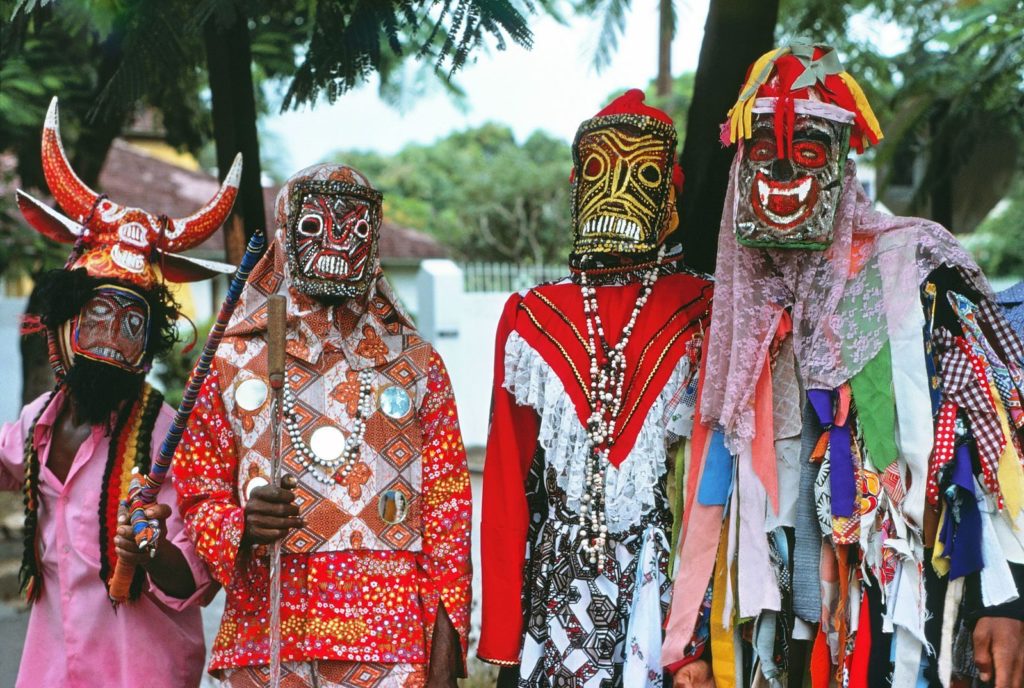
As the years go by, the vibrant Jonkonnu characters and lively parades that once defined Christmas have faded, drowned out by the glamour of contemporary Christmas celebrations.
Jonkonnu, a tradition rooted in the island’s history, carries the spirits of ancestors and the resilience of slaves who found joy amid adversity. However, the drumbeats that once summoned communities to celebrate are growing faint, replaced by American Christmas songs and traditions.
The tradition is one of Jamaica’s oldest dance forms, with roots tracing back to the era of enslaved Africans in the English-speaking Caribbean. The dance was performed by enslaved individuals on the only three holidays permitted for celebration: Christmas Day, Boxing Day, and New Year’s Day.
Known as ‘John Canoe’ during the British era, Jonkonnu is a fusion of European and African dance traditions, with lively steps such as jigs and polkas. The festive band, featuring characters like the King, Queen, Cow Head, Pitchy Patchy, Red Indians, Belly Woman, and more, brought towns to life during Christmas.
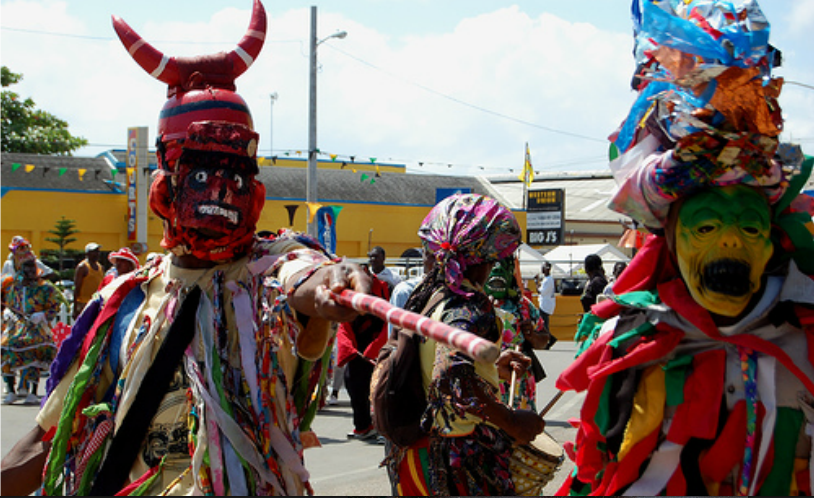
The characters were also accompanied by spirited musicians who played well-known traditional songs on bamboo life, bass, hakas, graters, and rattling drums.
Now, the elaborate costumes that once danced through the streets are locked away to gather dust, leaving the younger generation ignorant about the cultural significance of the dance. Communities that once vibrated with the energy of Jonkonnu parades are now lined with twinkling lights and Santa Claus decorations as global influences dominate.
While the Government has tried to revive the tradition by featuring the dance during Jamaica’s Independence celebrations, and promising to revive the tradition through public education and parades, the rhythms of Jonkonnu still struggle to resonate among younger generations.
The speculated reason behind this decline is complex, with factors such as societal changes, shifting priorities, and the pervasive influence of American culture being among the top three.
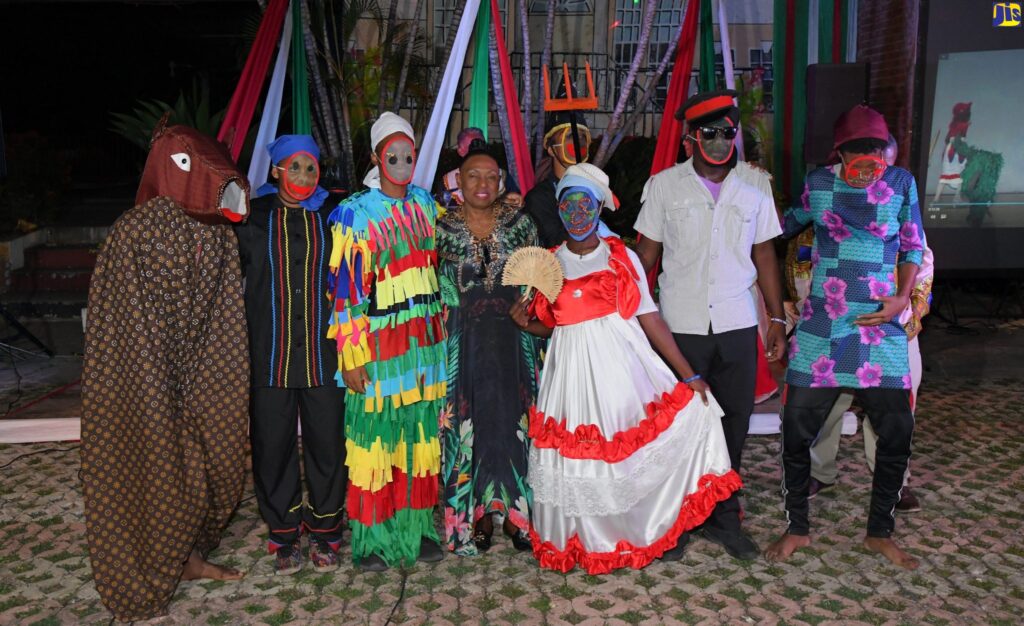
The shift has raised concerns among cultural enthusiasts and elders within the society, who have called for the tradition to be studied in schools and cultural attractions such as the Outameni Experience reintroduced to retain Jamaican culture.
But, as the island grapples with the delicate dance between progress and preservation, the fate of Jonkonnu hangs in the balance. The question now remains, will the next generation inherit the vibrant legacy of this cherished tradition, or will it continue to slowly die?


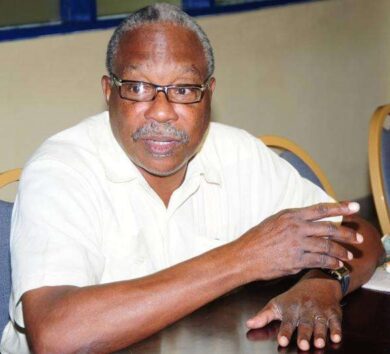

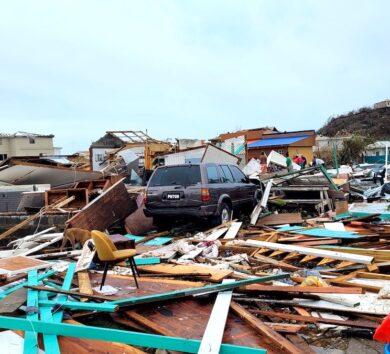
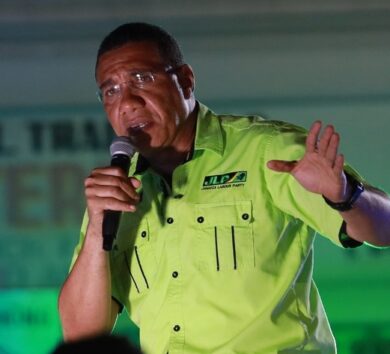
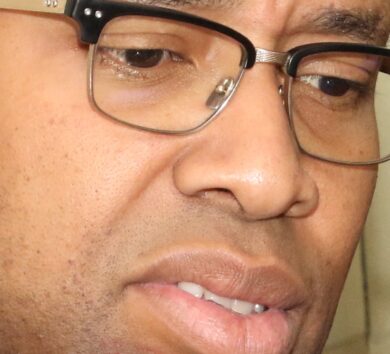
Comments